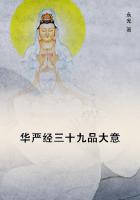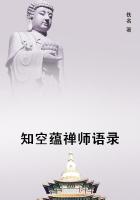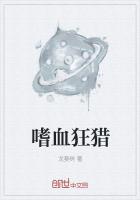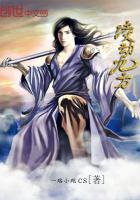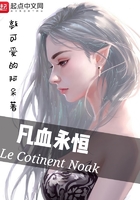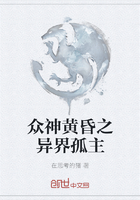Petersburg, they did not want to abolish or paralyse the central power; what they wanted was to co-operate with it loyally and to give their advice on important questions by means of representative institutions. They formed a constitutional group which exists still at the present day, as we shall see in the sequel, but which has never been allowed to develop into an organised political party. Its aims were so moderate that its programme might have been used as a convenient safety-valve for the explosive forces which were steadily accumulating under the surface of Society, but it never found favour in the official world. When some of its leading members ventured to hint in the Press and in loyal addresses to the Emperor that the Government would do well to consult the country on important questions, their respectful suggestions were coldly received or bluntly rejected by the bureaucracy and the Autocratic Power.
The more the revolutionary and constitutional groups sought to strengthen their position, the more pronounced became the reactionary tendencies in the official world, and these received in 1863 an immense impetus from the Polish insurrection, with which the Nihilists and even some of the Liberals sympathised. That ill-advised attempt on the part of the Poles to recover their independence had a curious effect on Russian public opinion.
Alexander II., with the warm approval of the more Liberal section of the educated classes, was in the course of creating for Poland almost complete administrative autonomy under the viceroyalty of a Russian Grand Duke; and the Emperor's brother Constantine was preparing to carry out the scheme in a generous spirit. Soon it became evident that what the Poles wanted was not administrative autonomy, but political independence, with the frontiers which existed before the first partition! Trusting to the expected assistance of the Western Powers and the secret connivance of Austria, they raised the standard of insurrection, and some trifling successes were magnified by the pro-Polish Press into important victories. As the news of the rising spread over Russia, there was a moment of hesitation. Those who had been for some years habitually extolling liberty and self-government as the normal conditions of progress, who had been sympathising warmly with every Liberal movement, whether at home or abroad, and who had put forward a voluntary federation of independent Communes as the ideal State organism, could not well frown on the political aspirations of the Polish patriots. The Liberal sentiment of that time was so extremely philosophical and cosmopolitan that it hardly distinguished between Poles and Russians, and liberty was supposed to be the birthright of every man and woman to whatever nationality they might happen to belong. But underneath these beautiful artificial clouds of cosmopolitan Liberal sentiment lay the volcano of national patriotism, dormant for the moment, but by no means extinct. Though the Russians are in some respects the most cosmopolitan of European nations, they are at the same time capable of indulging in violent outbursts of patriotic fanaticism; and events in Warsaw brought into hostile contact these two contradictory elements in the national character. The struggle was only momentary. Ere long the patriotic feelings gained the upper hand and crushed all cosmopolitan sympathy with political *******.
The Moscow Gazette, the first of the papers to recover its mental equilibrium, thundered against the pseudo-Liberal sentimentalism, which would, if unchecked, necessarily lead to the dismemberment of the Empire, and its editor, Katkoff, became for a time the most influential private individual in the country. A few, indeed, remained true to their convictions. Herzen, for instance, wrote in the Kolokol a glowing panegyric on two Russian officers who had refused to fire on the insurgents; and here and there a good Orthodox Russian might be found who confessed that he was ashamed of Muravieff's extreme severity in Lithuania. But such men were few, and were commonly regarded as traitors, especially after the ill-advised diplomatic intervention of the Western Powers. Even Herzen, by his publicly expressed sympathy with the insurgents, lost entirely his popularity and influence among his fellow-
countrymen. The great majority of the public thoroughly approved of the severe energetic measures adopted by the Government, and when the insurrection was suppressed, men who had a few months previously spoken and written in magniloquent terms about humanitarian Liberalism joined in the ovations offered to Muravieff! At a great dinner given in his honour, that ruthless administrator of the old Muscovite type, who had systematically opposed the emancipation of the serfs and had never concealed his contempt for the Liberal ideas in fashion, could ironically express his satisfaction at seeing around him so many "new friends"!**
This revulsion of public feeling gave the Moscow Slavophils an opportunity of again preaching their doctrine that the safety and prosperity of Russia were to be found, not in the Liberalism and Constitutionalism of Western Europe, but in patriarchal autocracy, Eastern Orthodoxy, and other peculiarities of Russian nationality.
Thus the reactionary tendencies gained ground; but Alexander II., while causing all political agitation to be repressed, did not at once abandon his policy of introducing radical reforms by means of the Autocratic Power. On the contrary, he gave orders that the preparatory work for creating local self-government and reorganising the Law Courts should be pushed on energetically. The important laws for the establishment of the Zemstvo and for the great judicial reforms, which I have described in previous chapters, both date from the year 1864.



